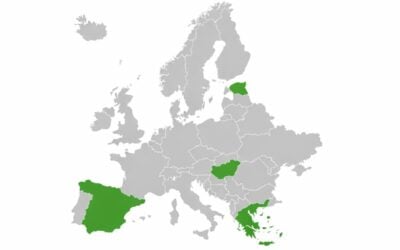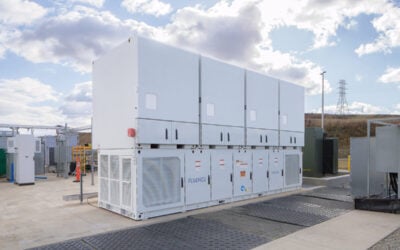
Maryland will become the first state in the US to offer tax credits for customer-sited energy storage, as and when state Governor Larry Hogan approves Senate Bill 758 (SB 758).
Senator Guy Guzzone and Delegate Kirill Reznik have led the passing of the bill, which offers up to US$5,000 for residential installations, US$150,000 for storage on commercial property or 30% of the total cost of installations; whichever is the lesser amount.
The tax credits will apply from the beginning of 2018 until 2022 and the programme is capped at US$750,000 per year. SB 758 has already passed in the Senate and House and is widely expected to be rubber-stamped by the Republican Governor.
At the moment the national Investment Tax Credit (ITC) scheme, which applies to solar PV installations, only covers energy storage when installed at the same time as a solar array, making Maryland’s the first initiative to specifically incentivise energy storage.
Try Premium for just $1
- Full premium access for the first month at only $1
- Converts to an annual rate after 30 days unless cancelled
- Cancel anytime during the trial period
Premium Benefits
- Expert industry analysis and interviews
- Digital access to PV Tech Power journal
- Exclusive event discounts
Or get the full Premium subscription right away
Or continue reading this article for free
Other states are however making their own moves to accommodate the growing use of energy storage, including California’s reopening of SGIP and Massachusetts preparing to launch storage procurement targets to name just two.
This week Maryland also passed House Bill 773, which will see the deployment of energy storage on all parts of the grid studied.
Energy Storage Association executive director Matt Roberts said House Bill 773 and SB 758 were “big wins for the advanced energy industry in Maryland”.
“These efforts will not only support the deployment of hundreds of energy storage systems to help Maryland households and businesses lower their utility bills, but also will enable those buildings to relieve stress on the electric grid and be resilient to service disruptions,” Roberts added, in a post on LinkedIn.
Roberts also noted that the Maryland Senate Bill is technology agnostic and could potentially apply to non-electrochemical energy storage as well as to batteries.





